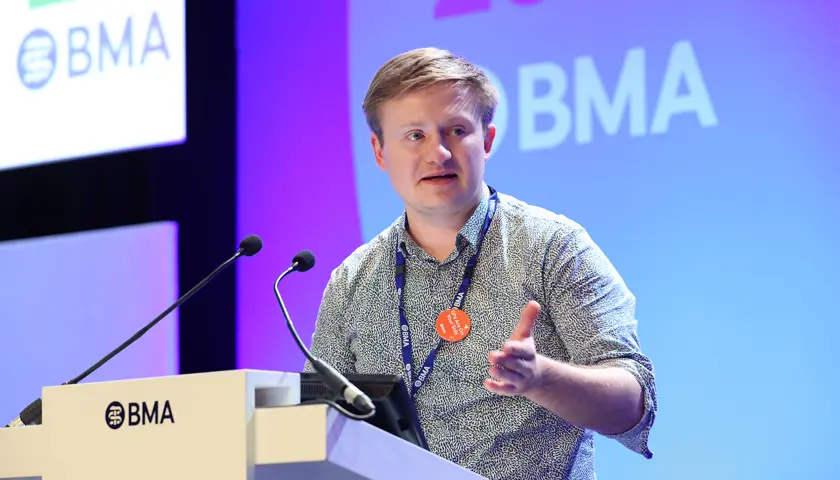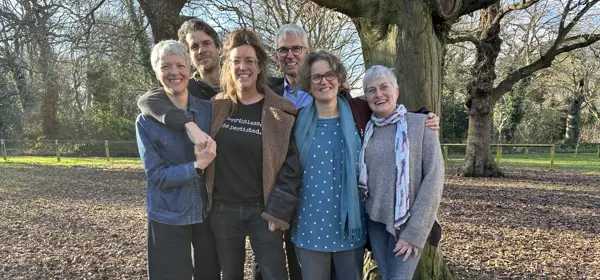Call for better opportunities for LED doctors
Call for better opportunities for LED doctors
Support for temporary workers inconsistent throughout UK
If 18 months of industrial action have proved anything, it is that being seen and heard are essential to betterment and progress for doctors.
For LEDs (locally employed doctors), however, going unseen and being unheard have all too often come with the territory when working in the health service.
Despite making up a sizeable portion of the medical workforce, with more than 20,000 LEDs thought to be working in the NHS, they have long been hamstrung by their status as staff employed on temporary contracts without recourse to national terms and conditions or guaranteed access to training.
This lack of visibility means LEDs, a large number of whom are also international medical graduates, risk falling through the cracks of the health system and medical profession, something the BMA has, in recent years, sought to remedy.
London-based psychiatry trainee and former LED Rohan Krishnan (pictured above) shared his first-hand experiences of the challenges of being an LED with the audience at the BMA annual representative meeting in Belfast.
LEDs integral
Born in India and completing his medical training in Hungary, Dr Krishnan came to the UK in September 2022 where he initially worked in an LED role.
‘Locally employed doctors are an integral part of the NHS workforce,’ he said.
‘We see them called multiple terms F3 doctors, SHOs, resident medical officers or senior clinical fellows. The problem for locally employed doctors is there is no uniformity across the NHS. Certain parts of the country of all four nations have excellent LED programmes [while] other parts of the UK do not have these programmes.’
Calling for the BMA to lobby for improvements to LEDs’ working conditions and training opportunities, Dr Krishnan urged the association to press employers on a range of issues.
These include increasing LED participation in teaching programmes and ensuring representation at local stakeholder meetings, as well as giving these staff access to participate in projects that help to build their professional portfolios.
The value of being a well-supported LED was illustrated by Thomas Grother, a clinical teaching fellow in south Wales, who acknowledged that, while his experience exemplified good practice, many other LEDs were far less fortunate.
‘I have received excellent opportunities to develop my skills, getting a formal qualification and allowed to progress clinically,’ Dr Grother said.
‘But I remain acutely aware that this is not the case across the UK.
‘Our locally employed doctors quite often have haphazard opportunities to access study budgets and teaching programmes, their opinions with regards to rota design and what we know in a training programme as steady levels of budgets are often not there.’
He added: ‘We cannot allow, as currently happens in many trusts and health boards, for growing cohorts of our doctors to be overlooked, not consulted and protection for them to be forgotten about.
‘No doctor should be allowed to stagnate in their learning and development or be seen as there purely for service provision.’
In 2022, the BMA launched an affiliate membership package designed to support overseas doctors planning on working in the health service before they even arrive in the UK.
Meanwhile, agreements reached in the recent pay agreement for specialist, associate specialist and specialty doctors in England include commitments to boost career progression and improve terms and conditions for LEDs.
- Until September 2024, resident doctors were referred to as ‘junior doctors’ by the BMA. Articles written prior to this date reflect the terminology then in use




